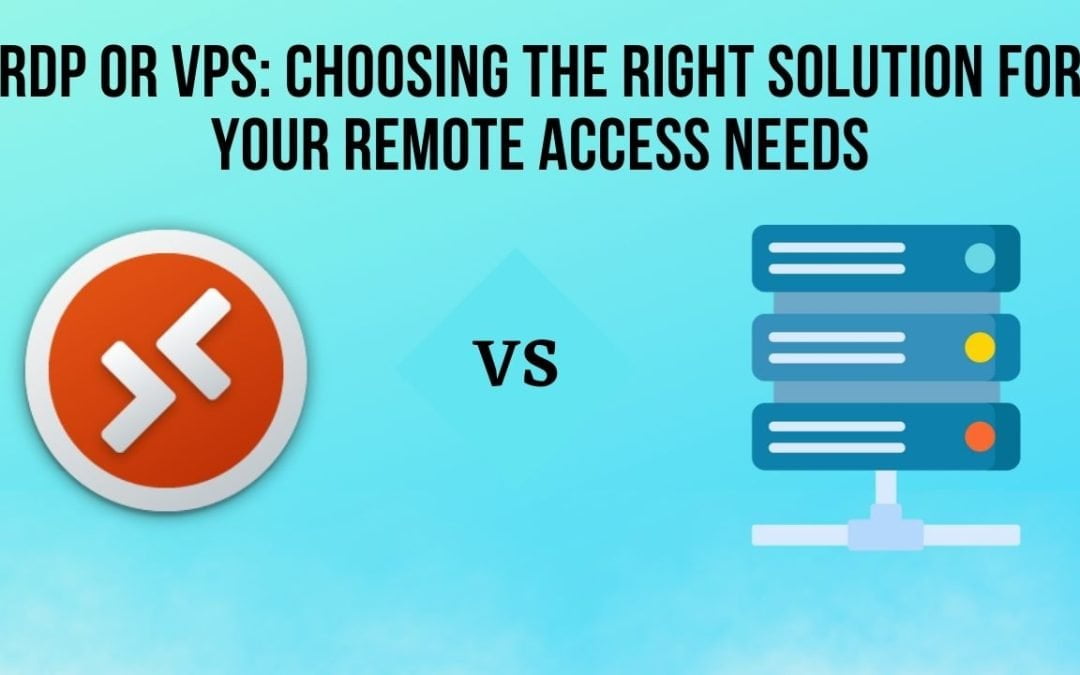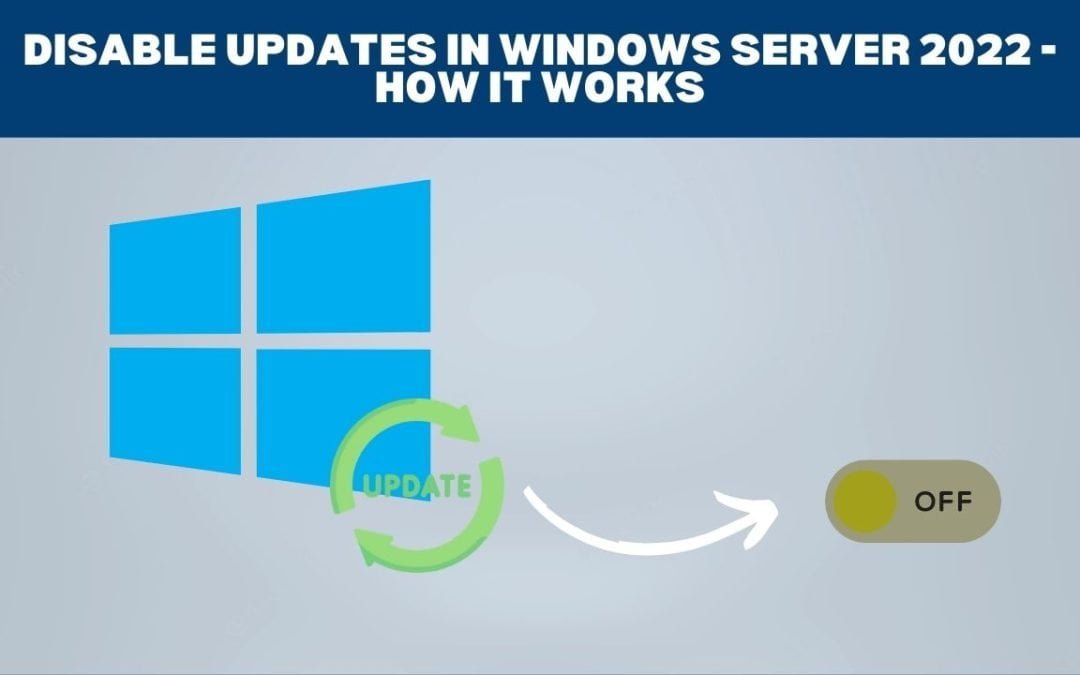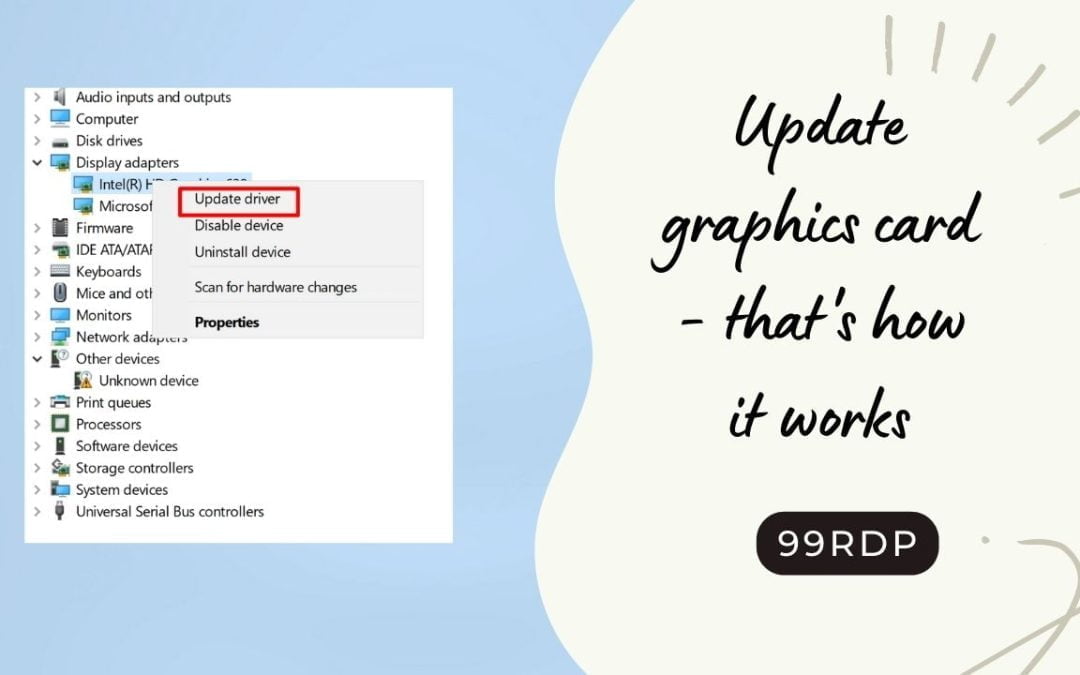Read this article to learn, ‘What Are The Benefits Of Buying Residential RDP?’. It’s common for large groups to use remote desktop protocols to do their administrative duties as part of their work. Many hosting firms claim to be the best for remote desktop protocol hosting after a quick internet search. There are, however, only a few businesses that supply high-quality housing remote desktop protocol keys via a quick Google search. There’s no reason why housing RDP couldn’t be just as controlling as a dedicated server at the same price, given all of those features and benefits.
If you’re looking for a server or PC to host your virtual component of the site, you’ve found residential RDP. When moving into a housing RDP, there are several things you’ll want to do. There are several things to consider when looking for the best Residential RDP supplier, including verifying that the network protocol you’re accepting is lawful. This is because you may easily obtain a network protocol giver at any location. Speed is an additional factor to take into account when selecting the best protocol provider for hosting the internet.
What are the types of Remote Desktop Protocol (RDP)?
Remote Desktop Protocol is designed to assist various types of RDP, like ISDN and POTS. RDP is also designed to support a wide range of LAN protocols, including IPX, NetBIOS, and TCP/IP. TCP/IP will continue to be used for RDP’s current form. An additional convention backer could be provided in future forms as a result of feedback from clients. Sending and receiving data over the RDP stack is analogous to following the seven-layer OSI model principles now used in standard LAN organization.
Wrapped,
Directed to a channel,
Encrypted, and
Prioritized.
In using the remote desktop protocol, Microsoft has moved away from the sector’s difficulties with the protocol stack, which is important for application developers.
As per the developer, RDP offers significant distinction. RDP is incorporated into operating systems as a standard feature. OS RDPs, on the other hand, are confined to one-on-one personal use and do not provide remote desktop sharing. RDP can also be developed by third-party developers, which can run on any supported operating system.
As a result, third-party RDP server providers provide different plans based on the additional features that can be added to the connection. Processor speed and bandwidth are just a few of the features available. Other features include the ability to store data on SSDs or HDDs and the incorporation of security measures.
Competition between remote desktop protocol server providers has resulted in many appealing aspects being included as standard in most servers’ base plans. RDP For example, Remote Desktop Protocols can be divided into three primary categories:
- Basic RDP
- Shared RDP
- Private RDP
- Admin RDP
- Residential RDP
- Encoding RDP
What is Residential RDP?
For home users, the Remote Desktop Protocol (RDP) is a unique IP address that is not the same as the data center’s RDP address. Management and remote administration are two of the most common uses of the RDP. The choice between personal RDP and residential RDP is based on a variety of factors that must be considered before making a purchase. Consideration should be given to using a home RDP supplier if the added benefits are significant.
The remote desktop protocol is a Microsoft-created paradigm that allows remote access to Windows operating systems. It takes a lot of resources and features to run a service effectively. The waiter’s assets and specialized details can be tailored to meet the needs of the customer. For the most part, the decision on the type of remote desktop protocol is made during the initial purchase. However, if additional resources are required, they can be added.
What Are The Benefits Of Buying Residential RDP?
Residential RDP can be used as a substitute for installing safety features and anti-viruses on each employee’s computer. Residential RDP allows all customers to access the server and the web via remote desktop protocol to safeguard the technologies involved, even if there is no safety in the physical system that the employees utilize, the remote desktop protocol safety is sufficient.
With Residential RDP, you also get Residential IP address integration, which is a nice perk. Server-side IP addresses are linked to the user’s physical device, thus anyone who has access to the server can identify a given IP address.
A user’s personal information, such as their network and location, can be gathered whenever they visit a website or use a piece of software. Residential RDP clients offer this feature to protect the privacy of users.
Using an RDP connection, a user’s IP address will be hidden and the IP of the RDP server will be displayed. There are times when a residential RDP will serve as a proxy. This protects the users from harm while they’re engaged in group projects or other endeavors.
Like Private RDP, Residential RDP makes it possible to access geo-blocked content. As long as you’ve got access to most of the world’s content, you can use your home IP address. The United States has access to the vast majority of the world’s material and only a small number of content blocks. As a result, a distant client can access all content that is not blocked in the United States by using the Residential IP address of the US.
A user’s bandwidth is virtually unrestricted when using Residential RDP. RDP-hosted websites benefit greatly from unlimited bandwidth. When a large number of people have to log in to a website, there is a lot of data traffic to deal with. System breakdowns might occur due to the large volume of traffic and congestion. Websites that have unlimited bandwidth can run smoothly.
24/7 assistance is common among RDP service providers for residential customers. Increasing competition among businesses has increased customer service. Customers’ issues are promptly remedied thanks to the assistance of the support personnel.
Other Benefits of Buying Residential RDP
There are a lot of things to think about while moving to a Residential RDP. First and foremost, you need to be sure that the RDP provider you’re considering has a trustworthy delivery network protocol.
A residential IP address differs from an information center website as it is provided to home users.
An efficient, safe, and trustworthy system is available from our well-trained support staff.
Enclosing a US IP address instead of not doing so allows you to access restricted websites. Even if you’re not allowed to perform in a particular area, you can nonetheless live there.
CONCLUSION
Remote desktop protocol apps will help you in connecting to a desktop situated in a far-off location and permit the documents and application, adjust, update application, etc. With this facility, you can keep hours in nomadic and thousands in outflow while having the ease of functioning and regulating everything from a centralized location.
After reading this article, you might have got a good knowledge about, ‘what are the befits of buying residential RDP?’. You can also read this article to get good knowledge about, ‘what is a dedicated server, and how to get cheap RDP?‘. Buy residential RDP from 99rdp.com and have the convenience of paying through any payment mode such as debit card, credit card, cryptocurrency, etc.




